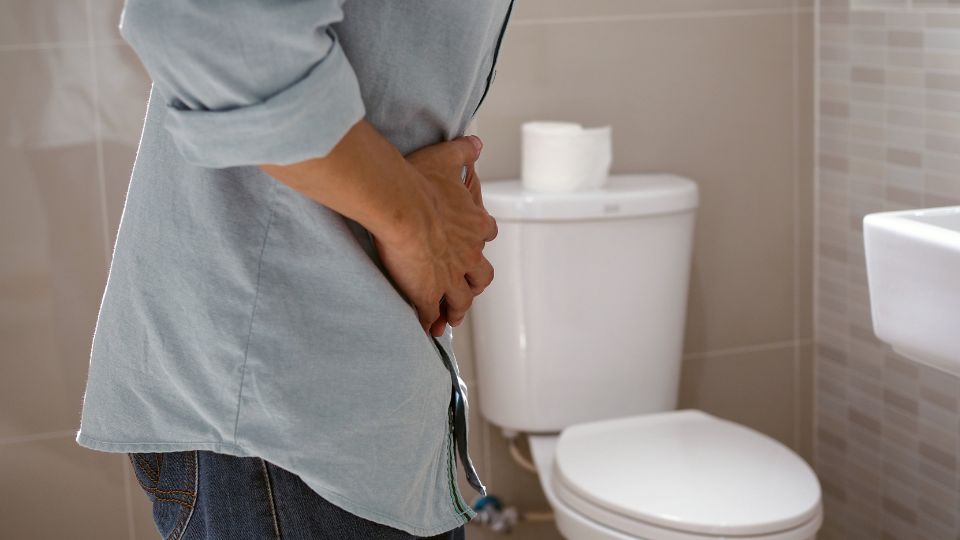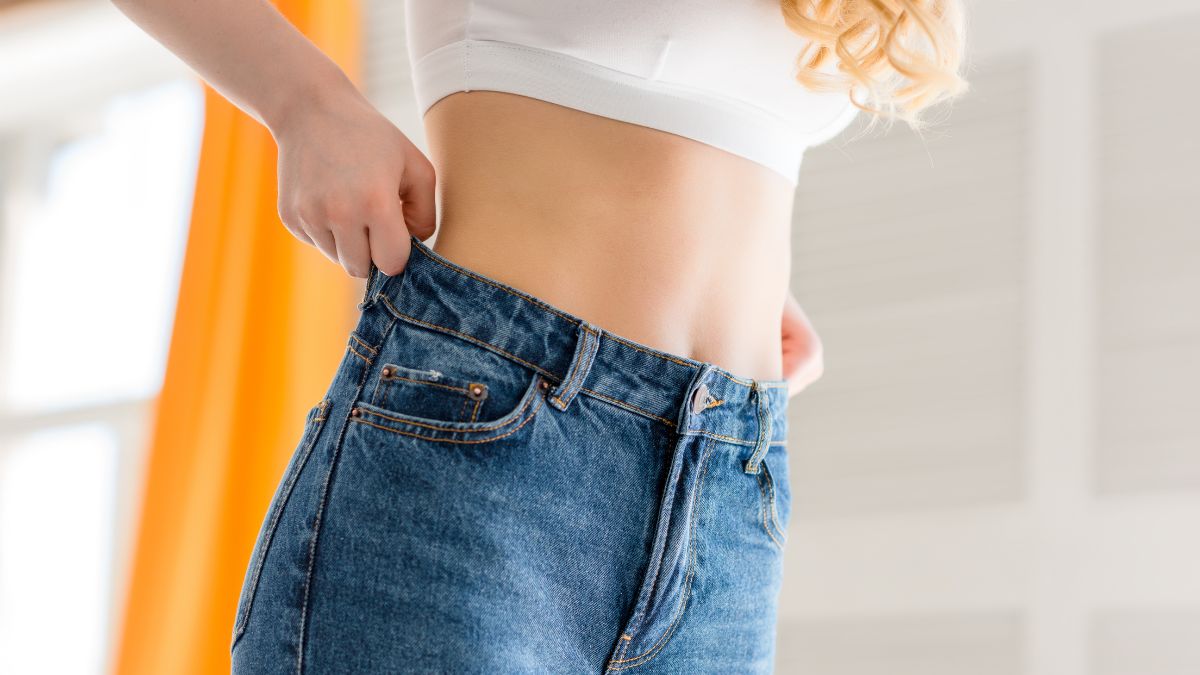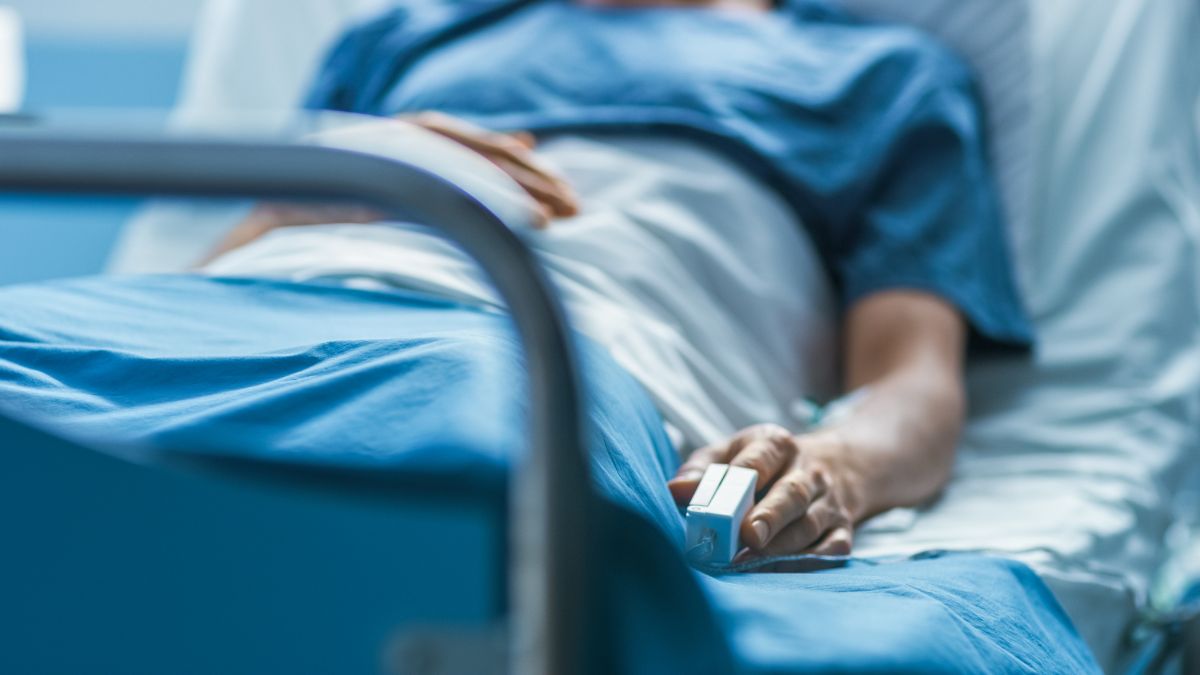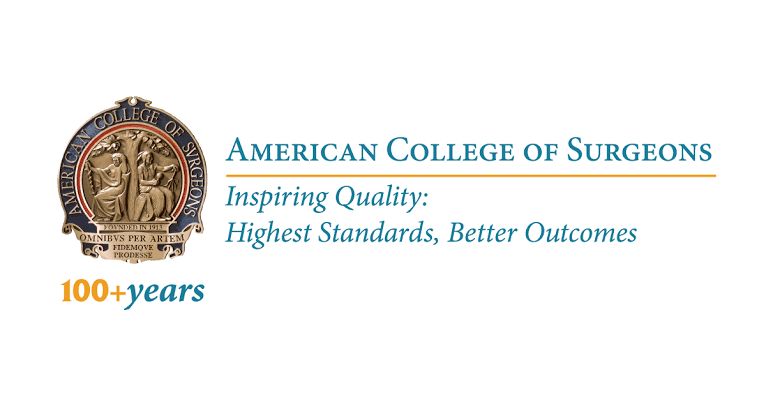Gastric sleeve surgery is a weight loss procedure that reduces the size of the stomach. It is a popular choice for people who want to lose weight and is safe and effective.
The medical procedure involves the removal of part of the stomach and is done under general anesthesia. The expectation is that this will cause the patient to eat less and lose weight.
Read more: What You Should Know About The Gastric Sleeve?
However, some people do experience diarrhea after surgery. This can be pretty uncomfortable, and it can also be a sign that something is wrong. We will discuss the causes of diarrhea after gastric sleeve surgery and offer tips on how to deal with it.
What Are the Causes of Diarrhea After Gastric Sleeve Surgery?
Diarrhea happens when the body cannot absorb nutrients and fluids quickly enough, resulting in loose or watery stools. After gastric sleeve surgery, people may experience diarrhea due to several factors. These include:
A) A Change in Diet
After gastric sleeve surgery, the stomach capacity is significantly reduced, and you may need to make dietary changes to meet your new nutritional needs. These changes can include the following:
a) Eating smaller portions and more frequent meals
b) Limiting high-sugar and high-fat foods
c) Eating mostly nutrient-dense, low-calorie foods
These dietary changes can cause dietary dysregulation, which can result in diarrhea.
B) Reduced Stomach Acid Production
The gastric sleeve surgery removes part of the stomach, reducing the amount of acid it produces. This can lead to diarrhea because the body cannot break down certain foods, making them difficult to digest and causing digestive upset. Also, patients on a low-calorie diet may experience loose stools due to decreased fiber intake.
c) Malabsorption
Malabsorption is the process of not being able to absorb nutrients from the food you eat. After gastric sleeve surgery, your stomach will be reduced in size, making it difficult to digest some food containing fats or carbohydrates. This can lead to diarrhea as a result of malabsorption. To reduce the risk of developing this condition after surgery, you should consider taking digestive enzymes or probiotics.
d) Dehydration
Diarrhea can also signify dehydration, which is especially common after gastric sleeve surgery. A decrease in fluid intake may lead to intense diarrhea that can last for days or weeks. This can cause further dehydration and electrolyte imbalance and should be monitored closely by your doctor or dietician. Drinking plenty of fluids and electrolyte-rich beverages is essential to help combat dehydration and diarrhea.
Fortunately, you can reduce the risk of dehydration and help prevent diarrhea after gastric sleeve surgery. Make sure to drink enough fluids daily, such as water or sports drinks, ideally at least 64 ounces (1.9 liters) per day. Additionally, eating foods high in electrolytes, like bananas, potatoes, and yogurt, can help restore electrolyte balance and reduce the risk of dehydration-related diarrhea. Finally, you must talk with your doctor or dietician if you experience persistent diarrhea after gastric sleeve surgery so they can provide additional advice and guidance tailored to your specific situation.
Contact ALO Bariatrics for bariatric surgery in Mexico. We provide quality care for gastric sleeve in Mexico and other bariatric procedures. Our team is ready to answer your questions and guide you through the process.









